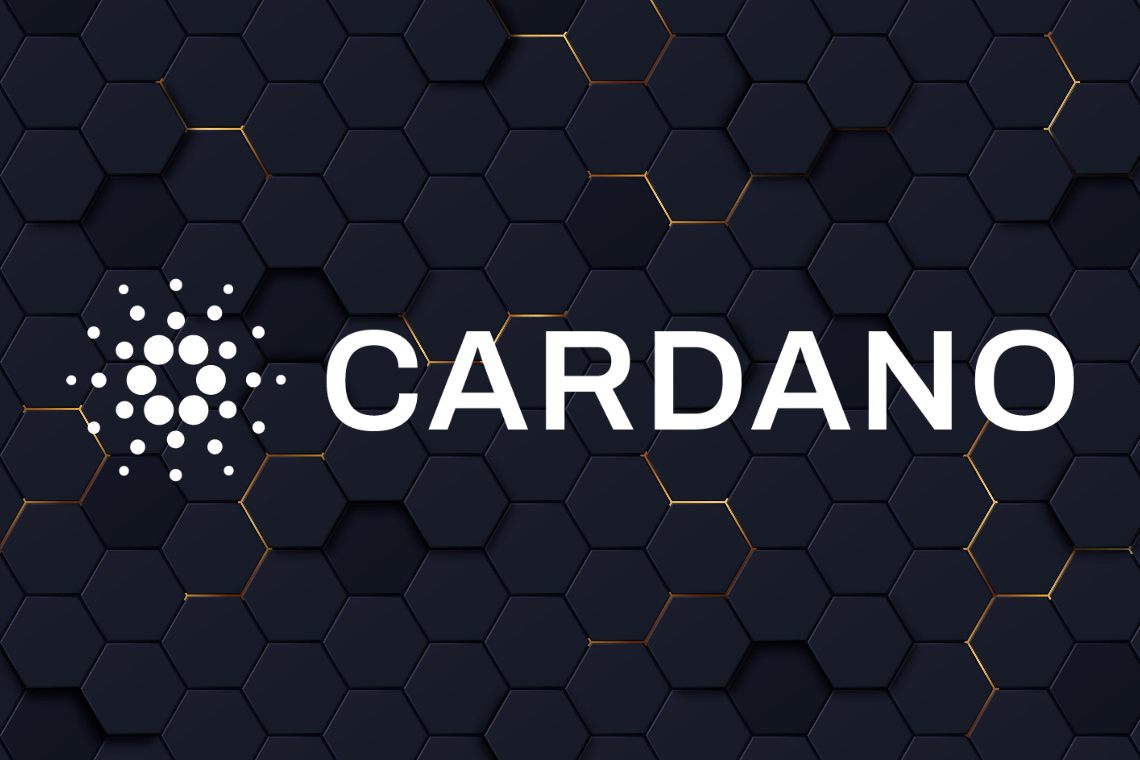This week we will ask a couple of questions to Mat, an SPO operating the mission-driven ECO Pool (ticker: ECO).
Last week the Cardano SPO Column had as guest an Italian Stake Pool Operator.
This initiative is a point of reference for everything Cardano and every week or two we will invite a Stake Pool Operator (SPO) to answer some questions and give us an update directly from within the Cardano community.
Considering that many of our readers are new to the crypto space, we will have a mix of simple and technical questions.
Hi Mat, thank you for taking the time. Where are you based and what is your background?
Hi, I’m 38 and was born and grew up in Germany. I moved to the opposite side of the world 12 years ago and now live in New Zealand with my kiwi wife and 3 young sons. My professional background is in electrical engineering and I have been designing electronics and embedded software for the automotive industry in different positions for over 10 years.
In the last 2 years we have made changes in the way we live and moved into the country. We have pursued a more simplified and sustainable lifestyle, and I have been working in the design and setting up of grid-tie and off-grid solar systems, and other renewable/alternative energy systems. These two factors have helped to cement my interest and passion in the importance of sustainable, eco-friendly living in the context of the significant climate crisis the world faces.
Can you tell us what mission-driven stake pools are and how does your ECO Pool (ECO) fit that category?
A typical stake pool contributes to the security and decentralization of the Cardano ecosystem, and receives pool rewards in return for providing the stake pool infrastructure and processing of the transactions in the blockchain. Mission-driven stake pools set their aims beyond this by also using some of their pool income to support a specific cause or project, or to donate to charity. In setting up a stake pool, it was the obvious choice for me to go mission driven as a reflection of my personal and professional values.
ECO Pool donates 30% of its pool fees to help the fight against climate change and related environmental challenges. Our mission is to support a variety of trusted charities, to sustain and regenerate nature and the diversity of life on earth. In line with this, it was clear to me from the outset that I want to run ECO Pool on 100% renewable energy which we have achieved.
We are also active in the Cardano community working together with other SPOs towards Cardano becoming a carbon-neutral blockchain platform. Given the catastrophic threat presented by climate change, I believe this is essential for Cardano to achieve its goal of becoming a global financial operation system of the future.
Climate change is indeed worrying. On that note, there’s a lot of criticism directed at cryptocurrencies due to their massive consumption of electricity, how is that addressed by the Cardano blockchain?
Carbon emissions are a big topic in the crypto space, led by the huge energy consumption of the Bitcoin network. Bitcoin, and also Ethereum, are based on a Proof of Work protocol that achieves the security of the network by having the network nodes perform a huge amount of computation to verify transactions.
In contrast, Cardano uses a Proof of Stake protocol to secure the blockchain and verify transactions which uses a fraction of the energy compared to a Proof of Work protocol.
According to digiconomist.net (https://digiconomist.net/bitcoin-energy-consumption) Bitcoin’s annual carbon footprint is similar to the whole country of Bulgaria or Sweden. This relates to an energy consumption of 103.23 TWh. This seems absolutely crazy to me, given that this figure is predicted to increase along with the price of bitcoin. As a comparison, Cardano’s energy consumption is estimated to be about 0.006 TWh, which is 17,205 times less.
I believe energy consumption is a critical factor for a blockchain platform if it is intended to be used by millions or even billions of people as a financial system. Cardano has a unique opportunity to become the first carbon-neutral blockchain platform if more stake pools switch to renewable energy or donate to environmental charities to offset their carbon footprint.
Let’s conclude with a question directed to people who aren’t familiar with staking. How does one stake their ADA and what kind of rewards can they expect?
ADA is the native token of Cardano. Anyone holding ADA can delegate their stake to a stake pool and receive a reward every 5 days. Once you have purchased some ADA from an exchange (e.g. Binance or Coinbase) it is best to move your ADA from the exchange into your own crypto wallet. The most popular crypto wallets for ADA are the full node Daedalus Wallet and the light wallet Yoroi. Both of them are super easy to use and have great support if you happen to get stuck with something.
Once your ADA is in your wallet you can go to the ‘Delegation’ tab and search for ECO and press ‘Delegate to this pool’, because this is the stake pool you want to delegate to! ????
There are a lot of pools to choose from and it can be overwhelming at first. It is important to know that the Cardano protocol has been designed in such a way that as long as a stake pool has enough stake to produce blocks regularly, the long term rewards you get from any stake pool are very similar. Pool fees between 1% and 5% will also not make a big difference in your rewards. Choosing a stake pool based on their values and mission can help to narrow down the choice. The average annual return of stake (ROS) for most stake pools, including ECO Pool, is around 5%.
I appreciate your time Mat. Any closing remarks? Where can people find you?
Thanks for the opportunity to share about ECO Pool! I am very passionate about being an active part of the Cardano ecosystem, and I’m super excited about the developments we are going to see this year.
For anyone keen to support our mission and find out more, check out our website ECOpool.io, follow me on Twitter or join our Telegram group. I always love to hear from prospective or current delegators, so get in touch if you have any questions.
Disclaimer: The opinions and views of the SPOs are their own and do not necessarily reflect those of the Cardano Foundation or IOHK.




